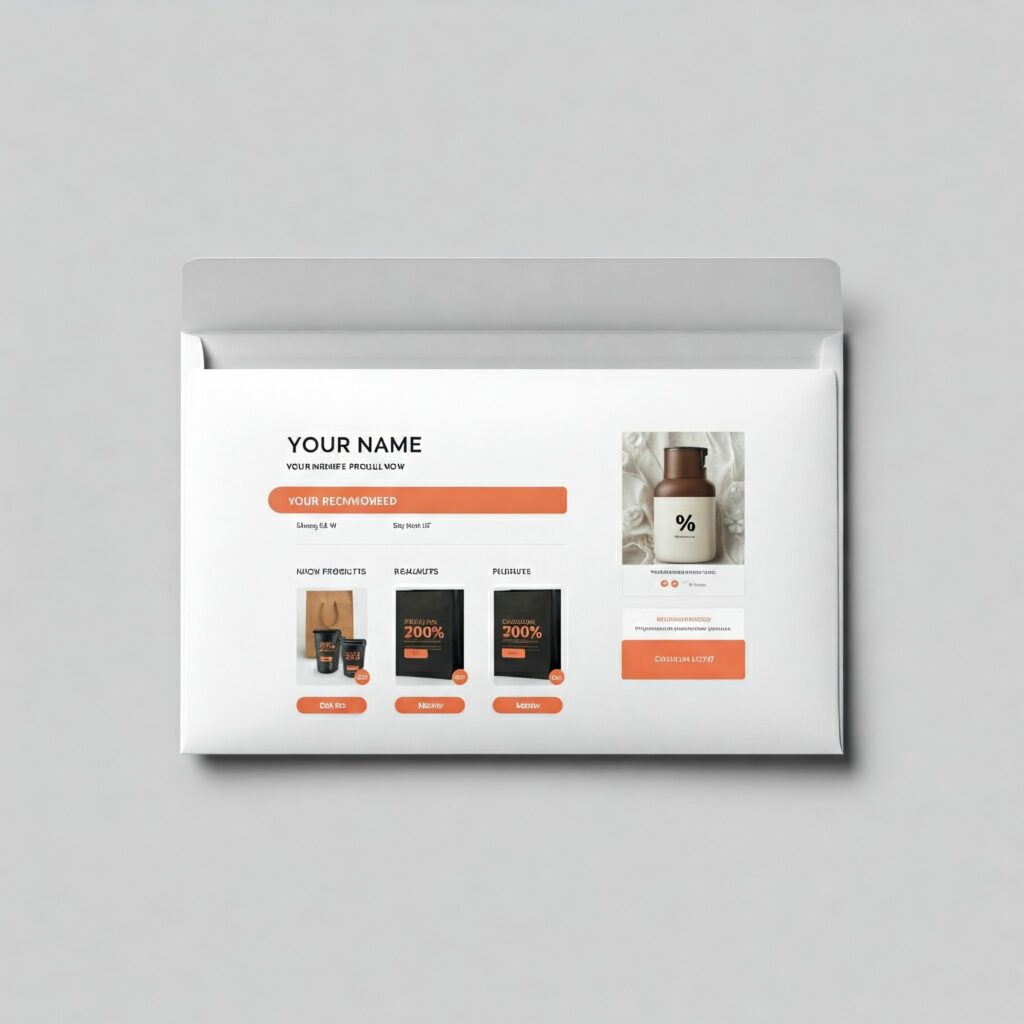
In the ever-evolving world of B2B marketing, personalization has emerged as a game-changer. It’s no longer enough to simply blast out generic messages to a broad audience. Today’s B2B buyers crave personalized experiences that cater to their individual needs and preferences. By embracing personalization, you can forge deeper connections, build trust, and drive significant business growth.
Why Personalization Matters
Increased Relevance:
Imagine you’re a marketing manager at a tech company, and you receive an email about a new project management software. But instead of a generic message, the email addresses you by name, mentions your company, and highlights how the software can solve the specific challenges your team faces. That’s the power of personalization. It cuts through the noise and grabs your attention by demonstrating a clear understanding of your needs.
By tailoring your messaging to resonate with specific individuals or segments, you instantly increase relevance and engagement. This means higher open rates for your emails, more time spent on your website, and greater interest in your offerings.
Improved Customer Experience:
Today’s B2B buyers expect the same level of personalization they receive from B2C brands like Amazon and Netflix. They want to feel valued and understood throughout their journey, from initial contact to post-sale support.
Personalization enables you to create a seamless and tailored experience that meets these expectations. By providing relevant content, personalized recommendations, and proactive support, you can foster a sense of trust and loyalty among your customers. This leads to higher satisfaction, repeat business, and positive word-of-mouth referrals.
Higher Conversion Rates:
When you demonstrate a deep understanding of your prospects’ pain points and offer tailored solutions, they are more likely to take action. Personalization allows you to guide them through the buyer’s journey with targeted content and offers that address their specific needs at each stage.
For instance, you can personalize landing pages with industry-specific messaging, offer customized product demos, and send targeted follow-up emails based on individual interactions. This level of personalization can significantly increase conversion rates, leading to more qualified leads, closed deals, and ultimately, greater revenue.
Enhanced Brand Perception:
Personalization goes beyond simply addressing someone by name. It’s about creating a sense of connection and demonstrating that you value your customers as individuals. This can have a profound impact on how your brand is perceived.
When customers feel understood and appreciated, they develop a stronger affinity for your brand. They are more likely to view you as a trusted partner, rather than just another vendor. This can lead to increased brand loyalty, positive online reviews, and enthusiastic advocacy within their networks.
Competitive Advantage:
In today’s crowded B2B marketplace, differentiation is crucial. Personalization can be a powerful differentiator that sets you apart from the competition.
By offering personalized experiences that cater to individual needs, you can create a unique value proposition that resonates with your target audience. This can give you a significant edge in attracting and retaining customers, especially in industries where products or services are similar.
Real-World Examples
- Segmenting for Success: A software company segmented their email list based on industry and job title. They then sent targeted emails with relevant case studies and product information, resulting in a 15% increase in click-through rates.
- Personalized Website Experiences: A manufacturing company used website personalization to dynamically display content based on a visitor’s previous interactions. This led to a 10% increase in lead generation and a 5% increase in sales.
- Tailored Content Recommendations: An online learning platform used AI to recommend relevant courses to users based on their past learning history. This resulted in a 20% increase in course enrollments and a 15% increase in customer retention.
Making Personalization Work for You
- Gather Data: Collect information about your customers through website analytics, CRM systems, and surveys. This data can include demographics, firmographics, purchase history, website behavior, and engagement with your marketing campaigns.
- Segment Your Audience: Group customers based on shared characteristics, such as industry, company size, job title, or pain points. This allows you to create targeted messaging that resonates with each segment.
- Tailor Your Content: Create personalized content that addresses the specific needs and interests of each segment. This can include website copy, emails, landing pages, blog posts, social media updates, and even product demos.
- Use the Right Tools: Leverage marketing automation platforms and AI-powered tools to streamline your personalization efforts. These tools can help you automate tasks like email segmentation, content delivery, and lead nurturing.
- Continuously Optimize: Track your results and make adjustments based on customer feedback and data analysis. Personalization is an ongoing process, and you should continually refine your approach to ensure it’s delivering the best possible results.
By embracing personalization, you can elevate your B2B marketing from generic to genuinely engaging. It’s an investment that pays off in stronger customer relationships, increased conversions, and ultimately, greater business success.
